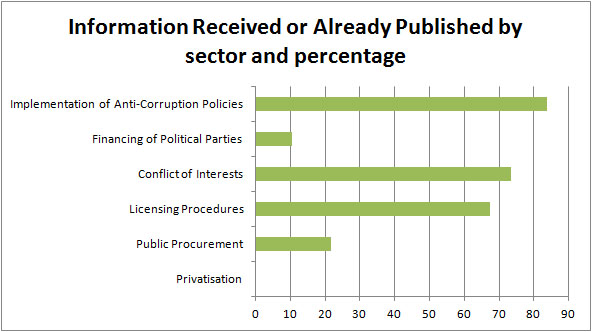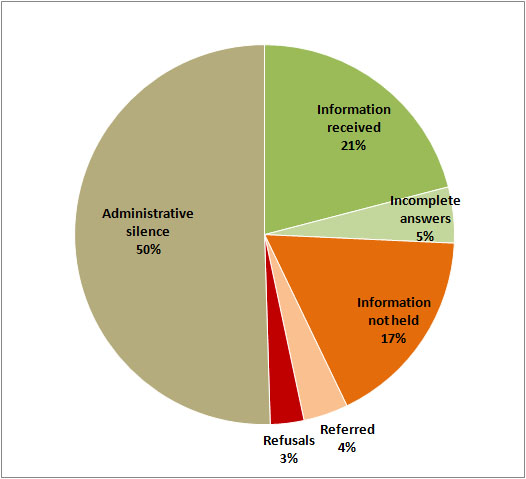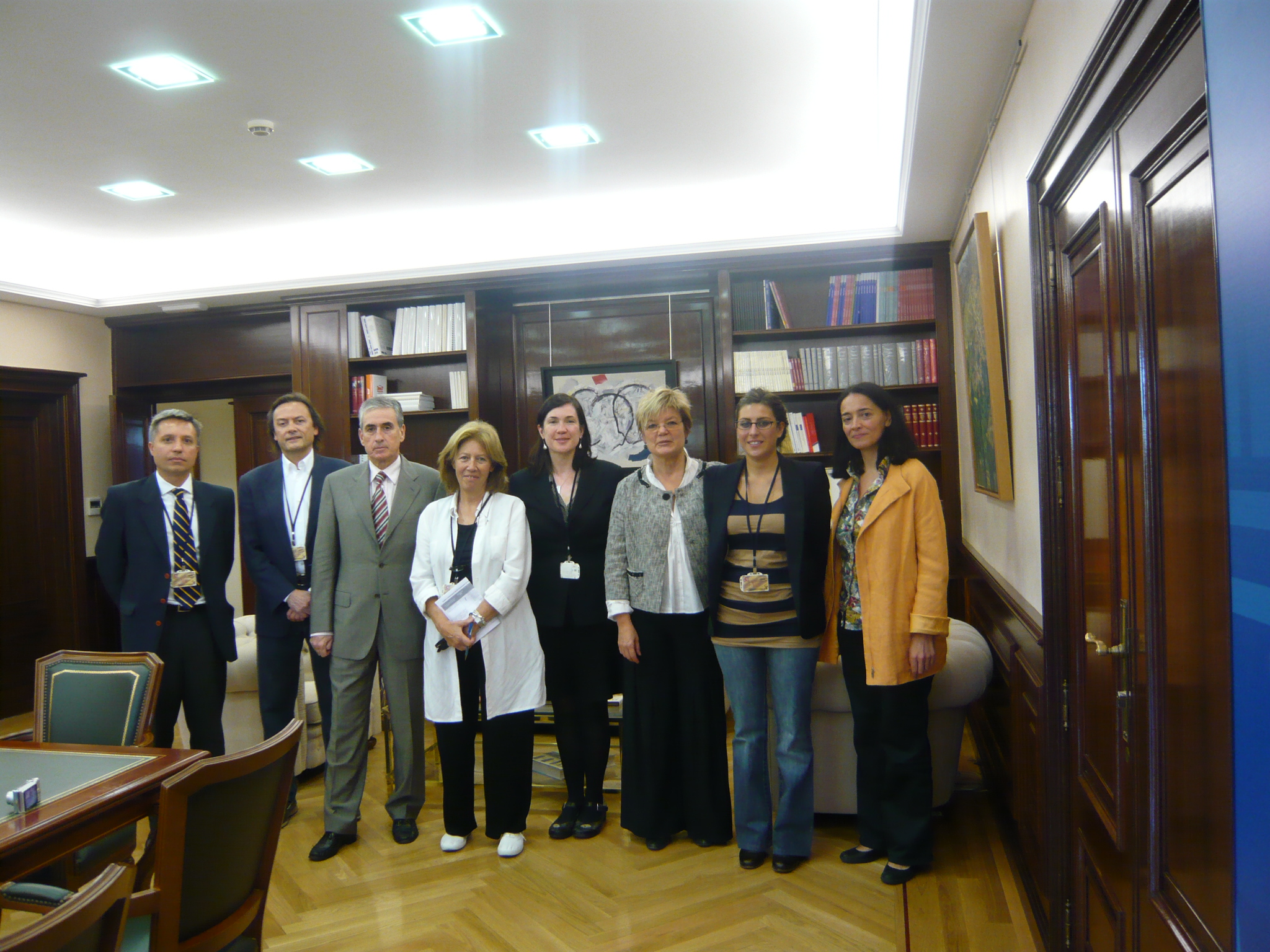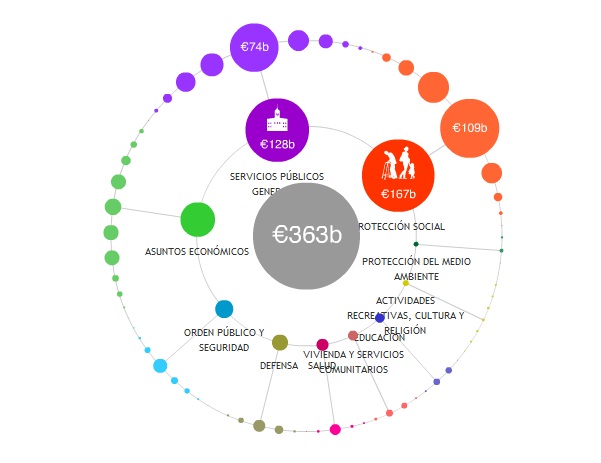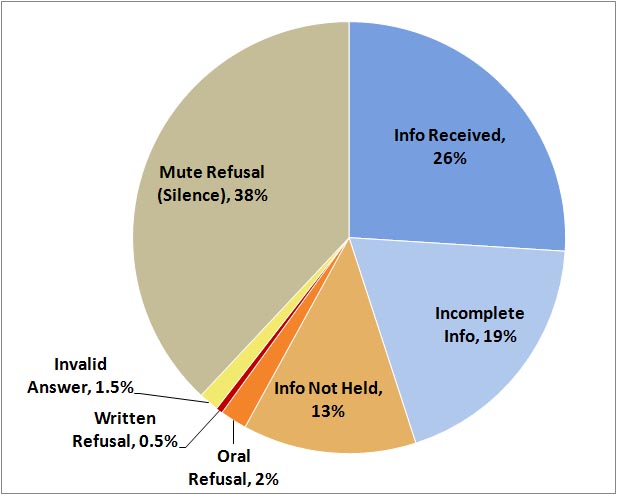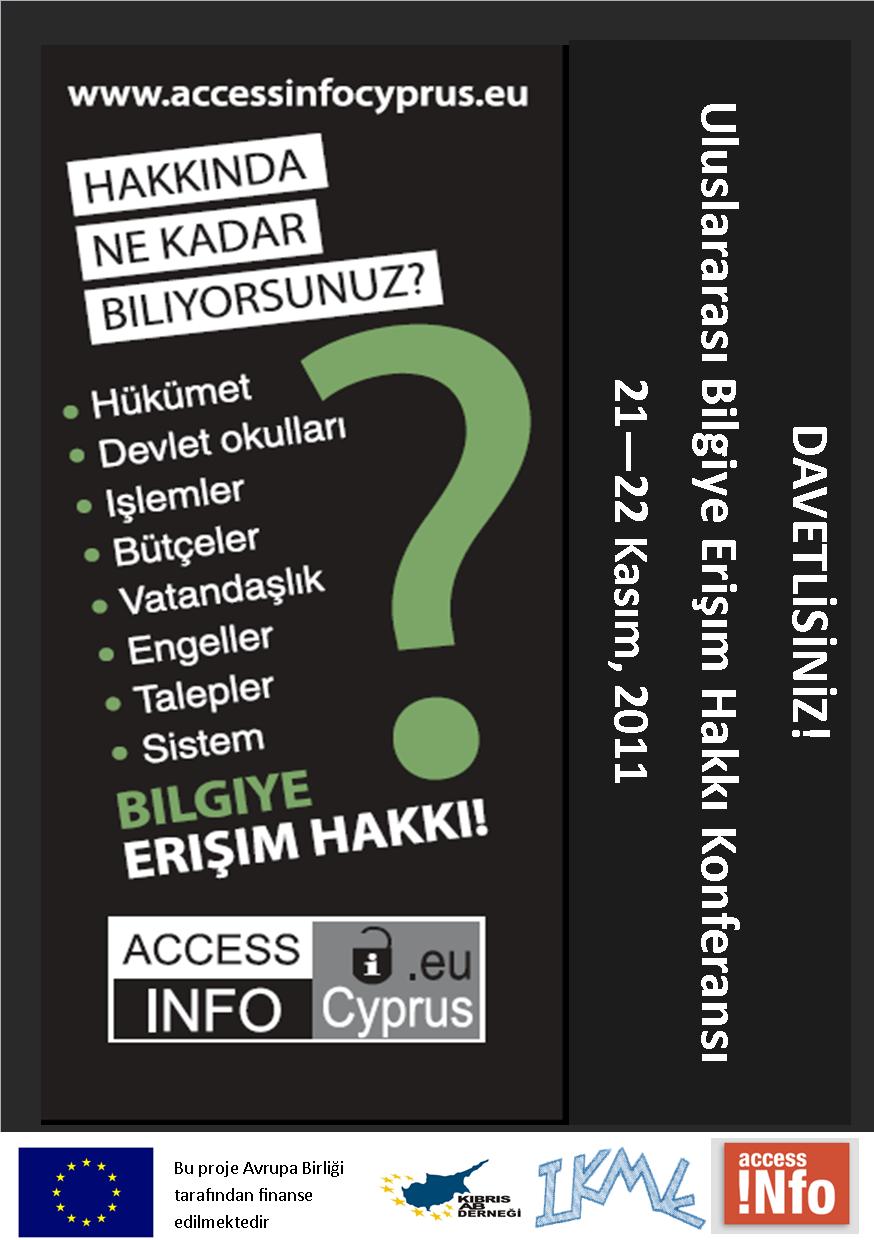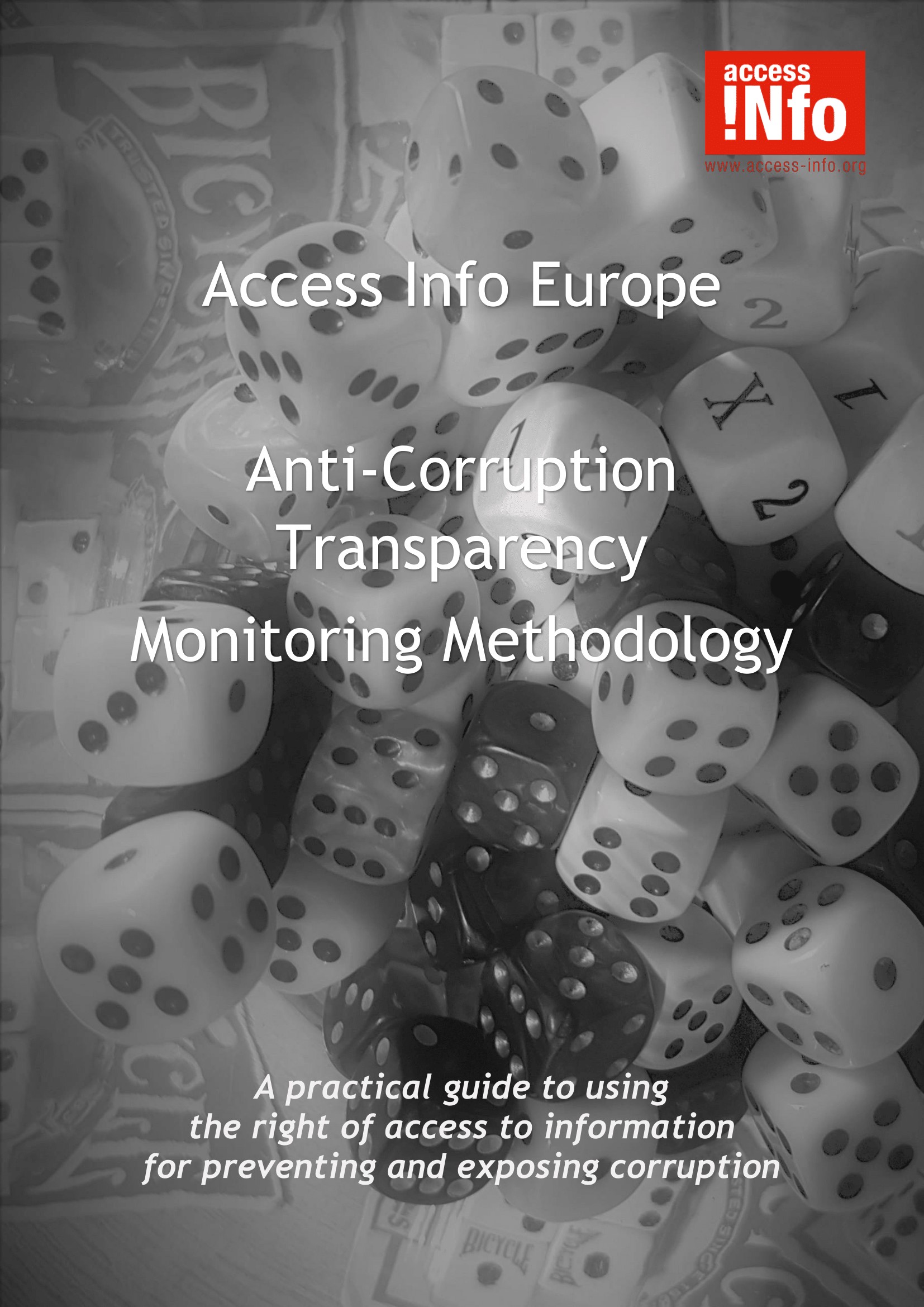The Anti Corruption Transparency Monitoring Methodology
Helen Darbishire2018-11-13T10:13:27+01:00Practical guide released with full results from monitoring in Croatia Marrakesh, 25 October 2011 – A new guide on how to test levels of transparency in areas of government prone to corruption was released by Access Info Europe today, together with the results of the first large-scale monitoring conducted using the methodology in Croatia, conducted by Transparency International Croatia. The "Anti-Corruption Transparency Monitoring Methodology" was presented today at the UN Conference of States Parties to the United Nations Convention Against Corruption currently taking place in Marrakesh, Morocco. The data from Croatia, where 200 answers were received to 560 questions (35%

